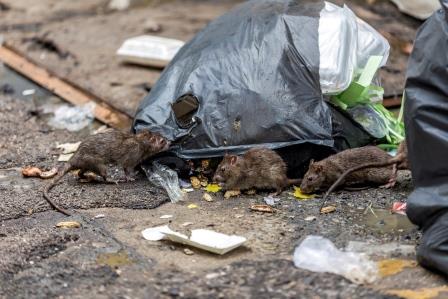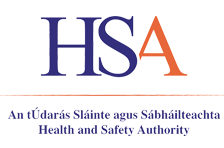Leptospirosis

Leptospirosis is a zoonotic infection of which there are two forms:
- Weil's disease: spread via direct or indirect contact with rat urine, often via contaminated water.
- Hardjo: this is spread from cattle to humans via bacteria in cattle urine. It is usually less serious.
Infection occurs when the bacteria enter through cuts or abrasions in the skin or through the mucous membranes of the nose, mouth or eyes. There are two types of infection: mild infection which can include flu like symptoms, sudden headaches and vomiting and severe infection which can result in jaundice, meningitis, kidney failure and even death. Antibiotic treatment should be started as soon as possible.
Who is at Risk?
Workers at risk of infection include those in contact with rats, rat or cattle urine or foetal fluids from cattle or workers in contact with contaminated water in ditches, canals, ponds or river water. Occupations at risk include farmers, veterinarians, pest controllers, water sports instructors, water and sewage workers, divers, butchers, abattoir workers and construction/demolition workers.
Preventing Infection
Leptospirosis is rare in Ireland, but as it does occur the risk of infection should be considered and workers at risk should be provided with information and training on the potential risks to health, the precautions to prevent exposure, hygiene requirements, wearing of suitable clothing and personal protective equipment and steps to take in the event of an incident and to prevent incidents.
To prevent infection it is important that:
- Good basic hygiene is followed - regular hand washing, avoiding hand to eye and mouth contact, taking rest breaks including meals and drinks away from the work area.
- Cuts and abrasions are washed and covered.
- Appropriate protective gloves are worn if handling rats (dead or alive) or dealing with cattle. Waterproof overalls are worn when working with cattle if there is a risk of urine splash.
- A rodent control programme is in place.
- Sports/diving equipment and clothing is rinsed and decontaminated.
- Veterinarians are consulted with regard to cattle infection.
Further Information
For further information on leptospirosis see:
